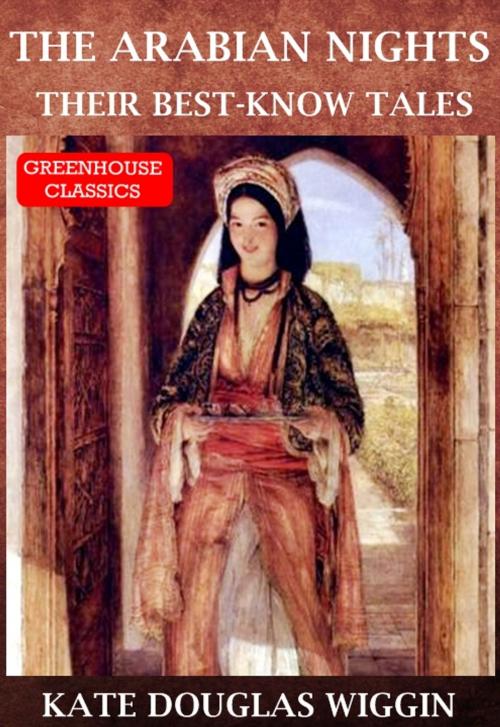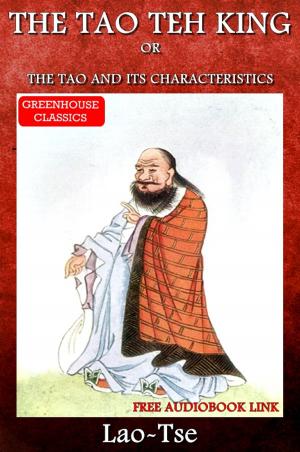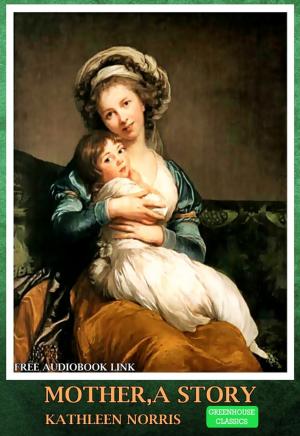| Author: | Kate Douglas Wiggin | ISBN: | 1230000108617 |
| Publisher: | Greenhouse Classics | Publication: | February 19, 2013 |
| Imprint: | Language: | English |
| Author: | Kate Douglas Wiggin |
| ISBN: | 1230000108617 |
| Publisher: | Greenhouse Classics |
| Publication: | February 19, 2013 |
| Imprint: | |
| Language: | English |
When a child has once read of Prince Agib, of Gulnare or Periezade, Sinbad or Codadad, in this or any other volume of its kind, the magic will have been instilled into the blood, for the Oriental flavour in the Arab tales is like nothing so much as magic. True enough they are a vast storehouse of information concerning the manners and the customs, the spirit and the life of the Moslem East (and the youthful reader does not have to study Lane's learned foot-notes to imbibe all this), but beyond and above the knowledge of history and geography thus gained, there comes something finer and subtler as well as something more vital. The scene is Indian, Egyptian, Arabian, Persian; but Bagdad and Balsora, Grand Cairo, the silver Tigris, and the blooming gardens of Damascus, though they can be found indeed on the map, live much more truly in that enchanted realm that rises o'er "the foam of perilous seas in faery lands forlorn." What craft can sail those perilous seas like the book that has been called a great three-decker to carry tired people to Islands of the Blest? "The immortal fragment," says Sir Richard Burton, who perhaps knew the Arabian Nights as did no other European, "will never be superseded in the infallible judgment of childhood. The marvellous imaginativeness of the Tales produces an insensible brightness of mind and an increase of fancy-power, making one dream that behind them lies the new and unseen, the strange and unexpected—in fact, all the glamour of the unknown."
When a child has once read of Prince Agib, of Gulnare or Periezade, Sinbad or Codadad, in this or any other volume of its kind, the magic will have been instilled into the blood, for the Oriental flavour in the Arab tales is like nothing so much as magic. True enough they are a vast storehouse of information concerning the manners and the customs, the spirit and the life of the Moslem East (and the youthful reader does not have to study Lane's learned foot-notes to imbibe all this), but beyond and above the knowledge of history and geography thus gained, there comes something finer and subtler as well as something more vital. The scene is Indian, Egyptian, Arabian, Persian; but Bagdad and Balsora, Grand Cairo, the silver Tigris, and the blooming gardens of Damascus, though they can be found indeed on the map, live much more truly in that enchanted realm that rises o'er "the foam of perilous seas in faery lands forlorn." What craft can sail those perilous seas like the book that has been called a great three-decker to carry tired people to Islands of the Blest? "The immortal fragment," says Sir Richard Burton, who perhaps knew the Arabian Nights as did no other European, "will never be superseded in the infallible judgment of childhood. The marvellous imaginativeness of the Tales produces an insensible brightness of mind and an increase of fancy-power, making one dream that behind them lies the new and unseen, the strange and unexpected—in fact, all the glamour of the unknown."















